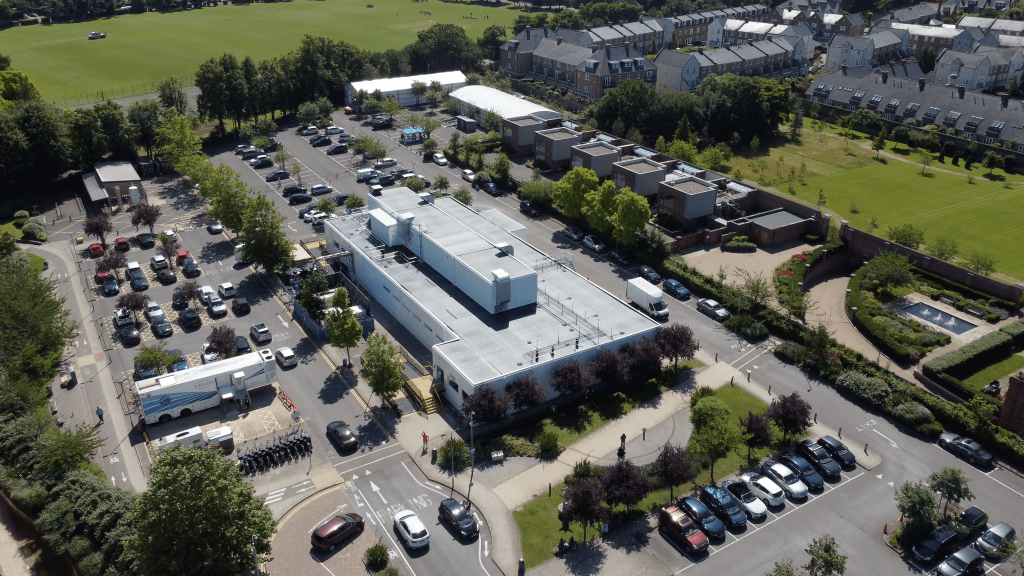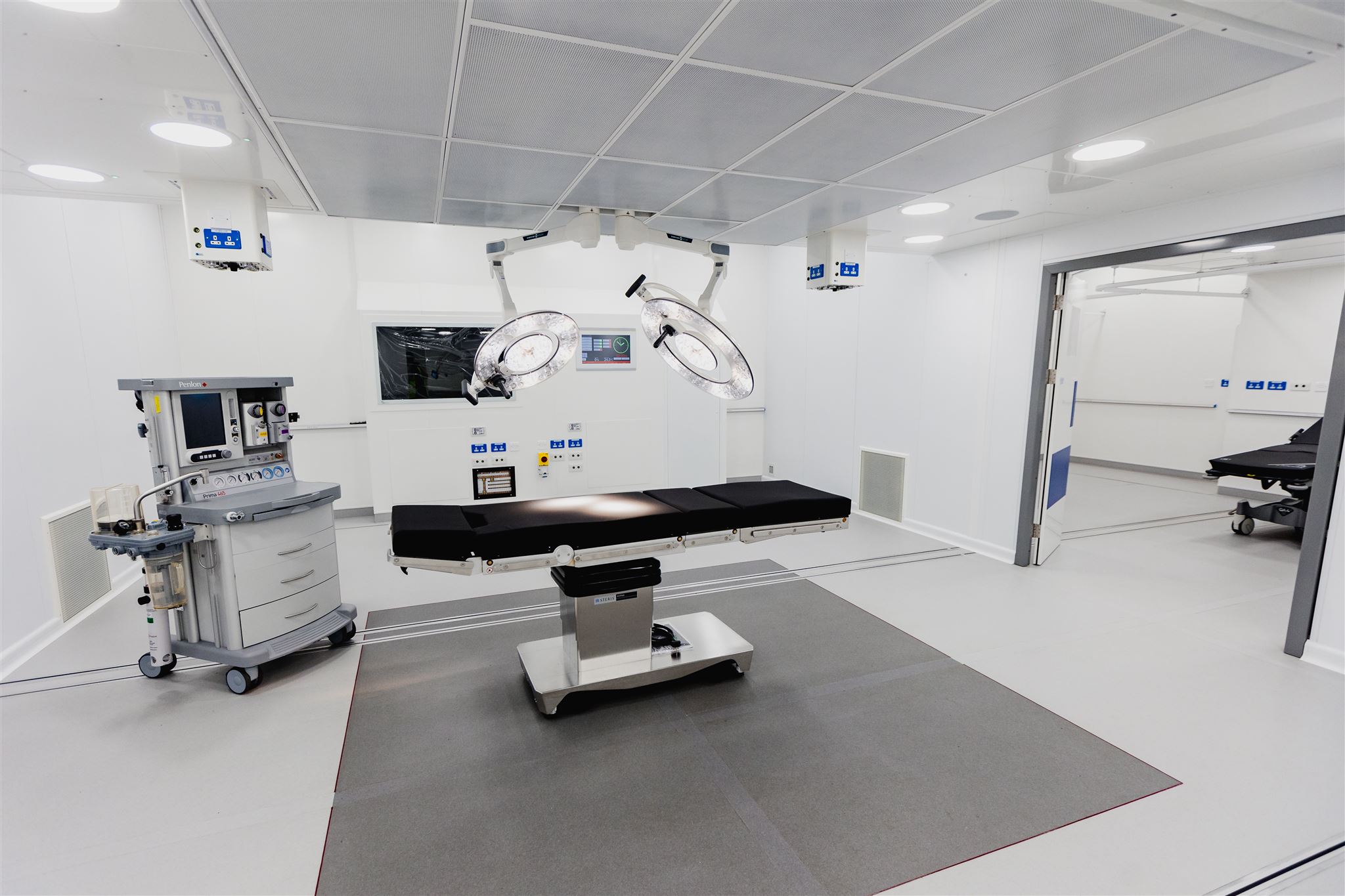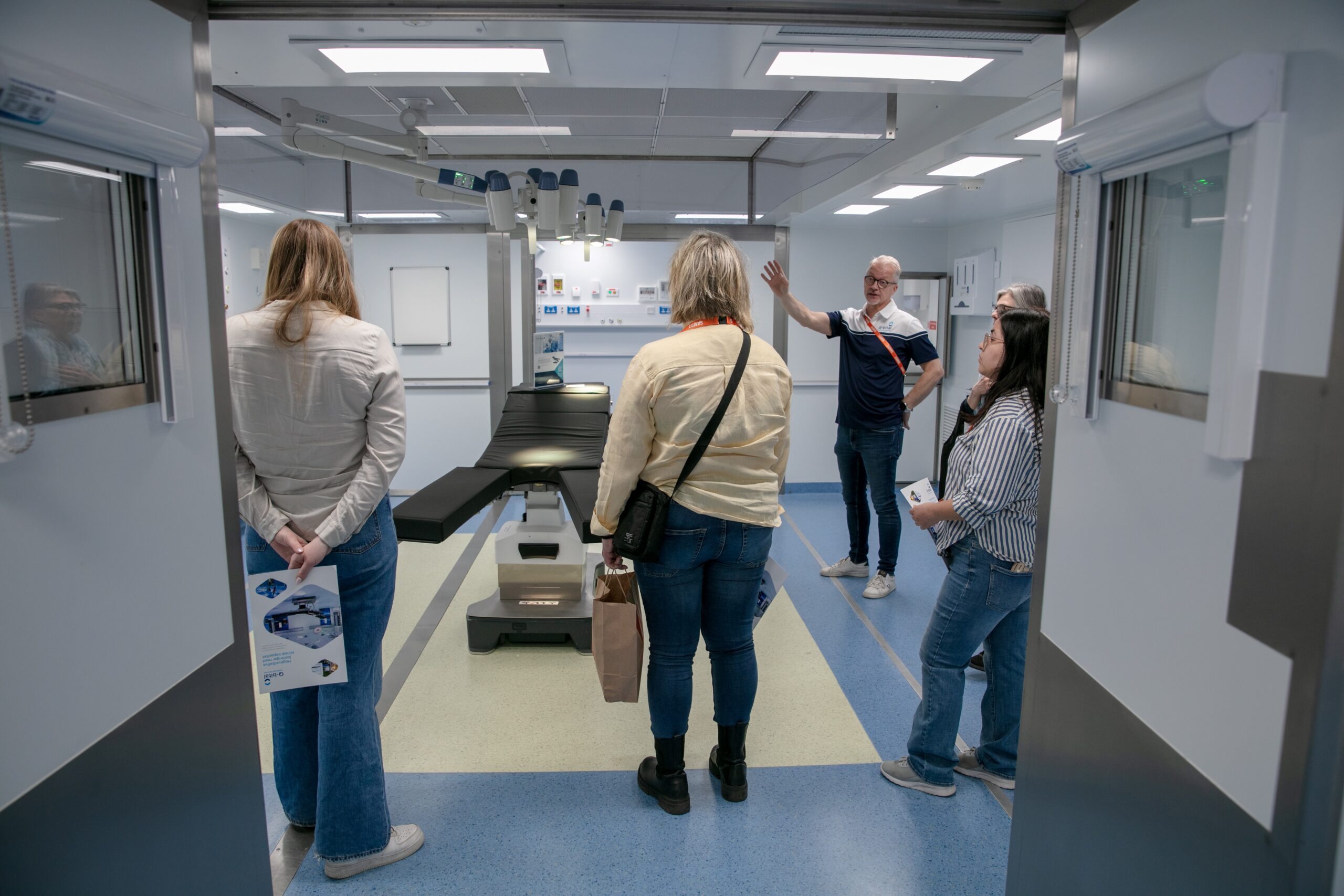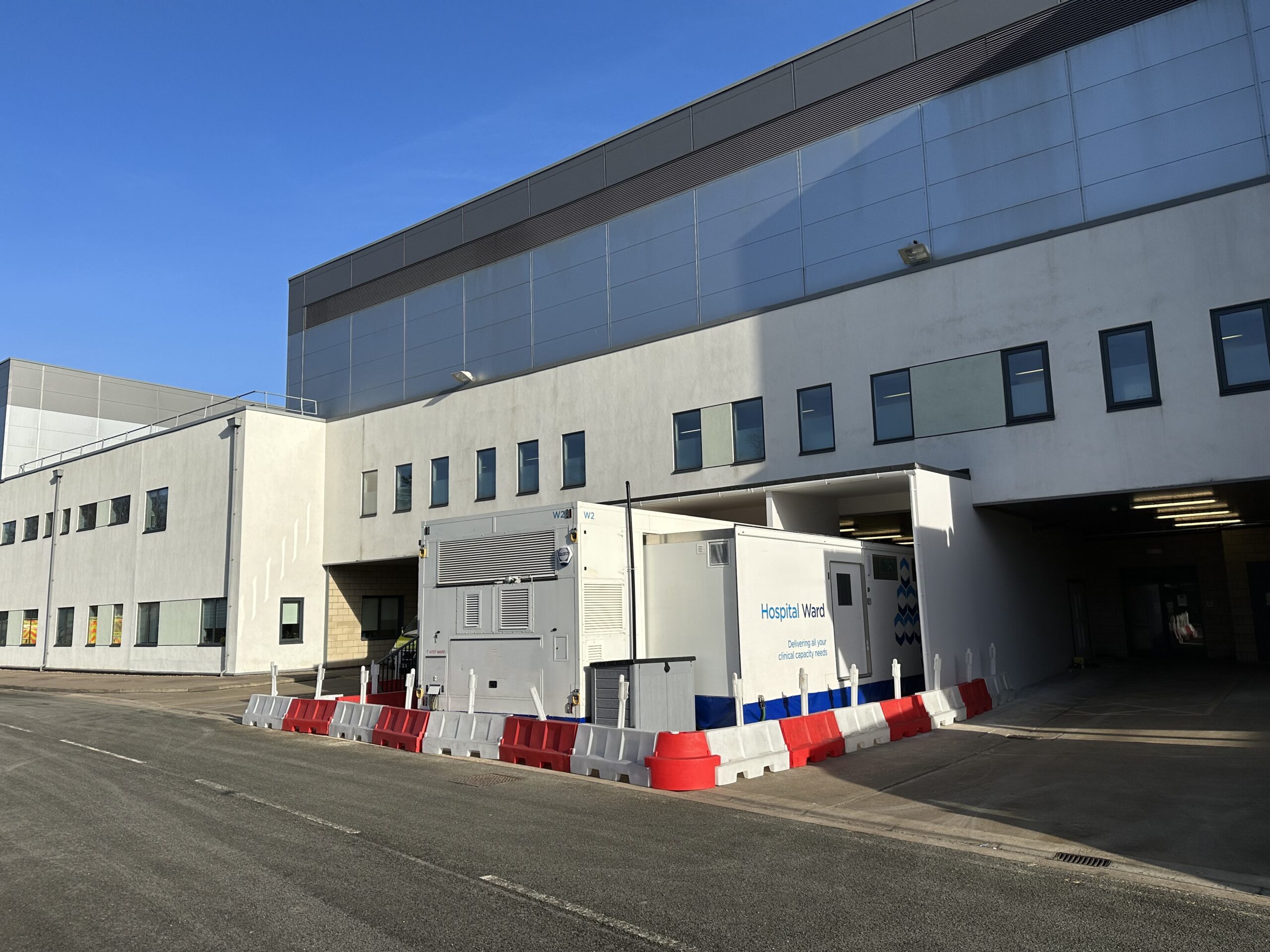A Q-bital Healthcare Solutions tem o prazer de compartilhar o suplemento final da série de três partes para a revisão por pares Revista Britânica de Gestão de Saúde. A série explora o caso de instalações modulares, particularmente em ambientes de saúde, e as complexidades de fornecer e manter essas instalações.
O suplemento é dividido em três seções claras:
Muito antes do início da pandemia da Covid-19, o NHS estava enfrentando um período de aumento de atrasos tanto no atendimento ao paciente quanto na manutenção do edifício, e a pandemia posterior posteriormente se somou a isso. Tornou-se aparente que os Espaços de Saúde modulares volumétricos rapidamente implantados eram cruciais para ajudar o NHS a reconstruir melhor. A primeira parte da série defende as instalações modulares como uma solução mais econômica e eficiente para construções tradicionais de tijolos e argamassa. Analisando dois estudos de caso detalhados em Newcastle e no sudoeste de Londres, o artigo explora as múltiplas razões por trás das decisões do Trust de instalar soluções modulares.

Assim como as construções tradicionais, o processo de comissionamento e planejamento de um novo complexo modular requer colaboração de uma ampla variedade de partes interessadas. A segunda parte detalha as considerações práticas para o comissionamento e entrega de instalações modulares com referência a ambos os projetos em Newcastle e no sudoeste de Londres. O artigo analisa os desafios enfrentados ao comissionar inicialmente projetos, considerações de flexibilidade e equívocos comuns feitos sobre instalações modulares.
A parte final da série analisa as instalações modulares com uma lente mais ampla, discutindo o impacto econômico da infraestrutura atual na saúde e explora a flexibilidade e sustentabilidade completas dos métodos modernos de construção em um sistema de saúde com recursos limitados. Abordando a adoção de princípios de economia circular, a abordagem de longo prazo para expandir o patrimônio do NHS, o artigo final destaca como a introdução de instalações modulares em sistemas de saúde auxilia o NHS a melhorar a eficiência e atingir metas de economia de custos e sustentabilidade de longo prazo.
Para ler o suplemento completo em três partes, clique abaixo:



Q-bital Healthcare Solutions
Unit 1144 Regent Court, The Square, Gloucester Business Park, Gloucester, GL3 4AD
